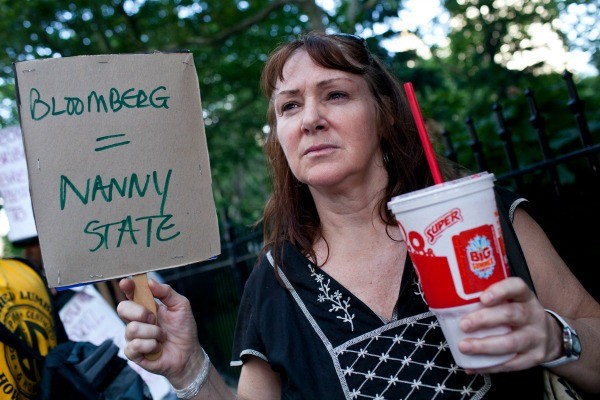Researchers from Drexel University School of public Health reviewed more than a hundred papers and a little over a thousand abstracts from Pubmed to come up with a study to find out which between banning sodas and creating bike lanes is more effective to fight obesity problems. The research was featured on ScienceDaily on Friday.
The three members of the research team, Stephanie Mayne, Yvonne Michael and Amy Auchincloss made use of the natural experiments conducted in communities.
As a whole, the researchers concluded that the most effective intervention in fighting obesity is the banning of trans fats. This included cutting down on drinks that rich in glucose as well as reducing the intake of fatty foods.
They found out that the most effective means of improving the health of the average American were policies that mandated improving the nutritional quality of their food, such as the banning of trans-fats and limiting the availability of fatty foods and sugary drinks.
And although reduction in sugar intake is most likely to show results, the soda ban initiated by New York Mayor Michael Bloomberg was the most talked about and perhaps, in a negative way.
In 2012, the former NYC mayor attempted to reduce the size of sodas served in restaurants. This move was ridiculed and did not gain much approval from his fellow politicians.
It was denied by the state appeals court in 2013, Reuters wrote.
According to the study, however, the team found this to have more impact over other policy measures that were more favored, specifically the one encouraging the building of supermarkets selling fresh foods to consumers in the so-called food desert.
Meanwhile, the researchers said that while people were convinced about the effect of "active transportation" and were using bike lanes, the public did not show much interest in using the new built lanes in other areas in the local community.
The team of researchers emphasized, thought, that their study leaned more on the changes in lifestyle and not on the total wellness of individuals.
They wrote that individuals are willing to try ways such as bike shares and being cautious on their purchases when it comes to food.
"But it is less clear whether these changes translate into overall improvements in diet and physical activity," ended the team.



























